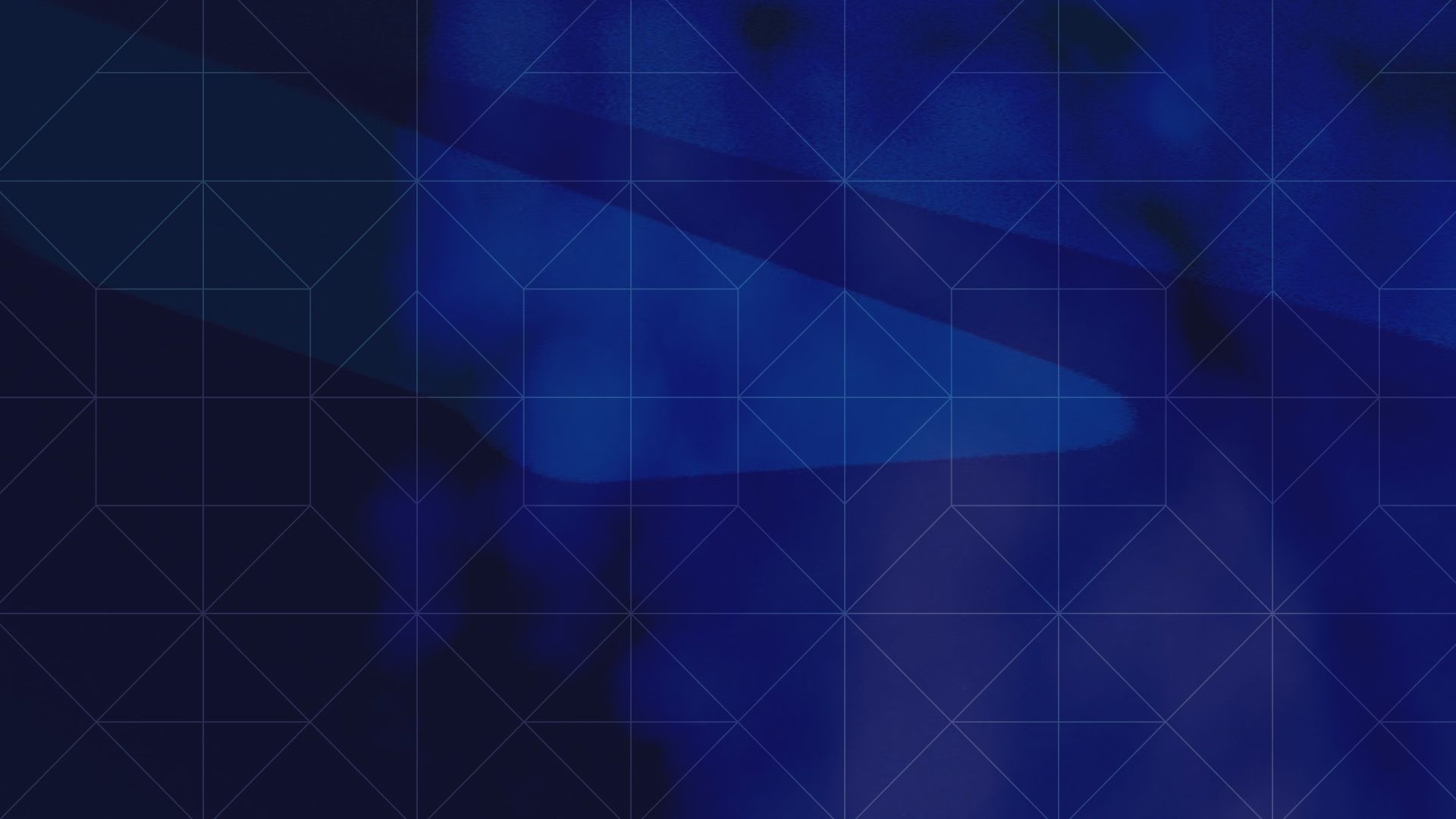‘Finding My Voice’
On World Refugee Day, Emory graduate Abdallah Al-Obaidi shares his journey from Iraq to Jordan to Georgia
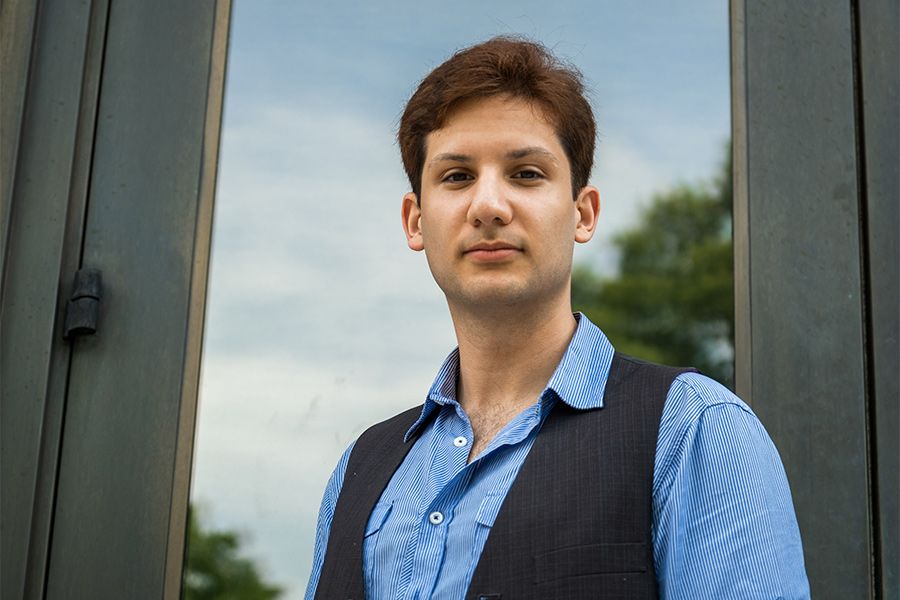
Abdallah Al-Obaidi’s sentimental side won out this spring when he made a point to walk across Emory’s Houston Mill bridge to the Miller-Ward Alumni House, his solo version of the traditional “candlelight crossover” procession that he and other 2020 graduates of Emory College of Arts and Sciences lost to the pandemic.
His practical side led him to skip carrying a candle or bottle of Coke. It’s also behind his acknowledgment that the stroll, meant to symbolize graduates’ transition to the next stage of life, pales in comparison to his 6,000-mile passage from Iraq to Georgia.
It is a journey only a handful of people knew during his time at Emory. It’s also so compelling that the national partner supporting the UN Refugee Agency selected it to highlight nationally for World Refugee Day on June 20.
“All my family wanted was to live somewhere where we were treated like normal people,” Al-Obaidi says. “I thought that was the point: Refugees could be anybody. I’ve learned that sharing my story is the best way to show that.”
The United States historically has resettled more refugees than any other nation, with more than three million people — who must meet complex requirements for fleeing war and persecution in their native countries — making new lives here since 1975.
That’s why USA for UNHCR produced a short animation of Al-Obaidi’s story in a style that wouldn’t be out of place in a superhero universe.
“We need to build awareness and empathy around refugees and the courage they have to achieve in the U.S.,” says USA for UNHCR Communications Manager Nicholas Feeney. “Abdallah’s story is just an amazing example of that.”
Seeking refuge
Al-Obaidi’s refugee story begins when attackers who were targeting his family bombed his first-grade classroom.
He remembers seeing his friends’ bodies as he crawled through the choking smoke and found his way home. His parents hid Al-Obaidi and his younger brother and sister in an empty refrigerator under the stairs.
They drove to neighboring Jordan that night. Between sharing an apartment with two other families and being bullied as an outsider at school, Al-Obaidi remembers his time there as gloomy. His first glimpse of hope came from, of all things, a snippet of “Hannah Montana.”
“I saw Billy Ray Cyrus playing a guitar and I told my mom I wanted to be able to do that, too,” Al-Obaidi says. “She told me that she would get one if I agreed to commit to it. I did because it was the first way I found to connect with all of the emotions I was feeling while we waited.”
The wait was eight years. By the time Al-Obaidi’s family was resettled in 2013 in Winder, a small town 50 miles northeast of Atlanta, he had begun to sing and learned to play piano and ukulele.
He would use his connection to music to learn to speak English with no discernible accent. First though, he had to learn the language itself so he could start high school in 10th grade with his peers.
With the help of his parents — father Faisal, a mechanical engineer, and mother Sara, who holds a master’s degree in architecture, who both knew rudimentary English — Al-Obaidi read the dictionary as he studied for then-required exams in English, math, science and social studies.
“My first culture shock was seeing cars actually stop for people trying to cross the street,” Al-Obaidi says. “That’s when I knew I was privileged enough to have some semblance of a stable future, so I was going to do whatever it took.”
It took him five weeks to pass the necessary exams. The boy who struggled to translate the word “irony” was placed in his school’s honors English class.
Making connections
Al-Obaidi applied to Emory – and only Emory – after reading that he would be able to study both health sciences and music.
He initially planned to major in biology, with vague plans for a career in science. Voice instructor Bradley Howard remembers when, as a first-year student, Al-Obaidi briefly mentioned developing a passion for music before he fled the Middle East.
“Abdallah didn’t dwell on the hardships of fleeing his country and, instead, spoke of finding solace and pleasure in singing,” says Howard, the director of vocal studies in the Department of Music. “We worked on his vocal technique most of the time. It was obvious he had the strength of character and the ability to stand up for his beliefs. He always worked diligently.”
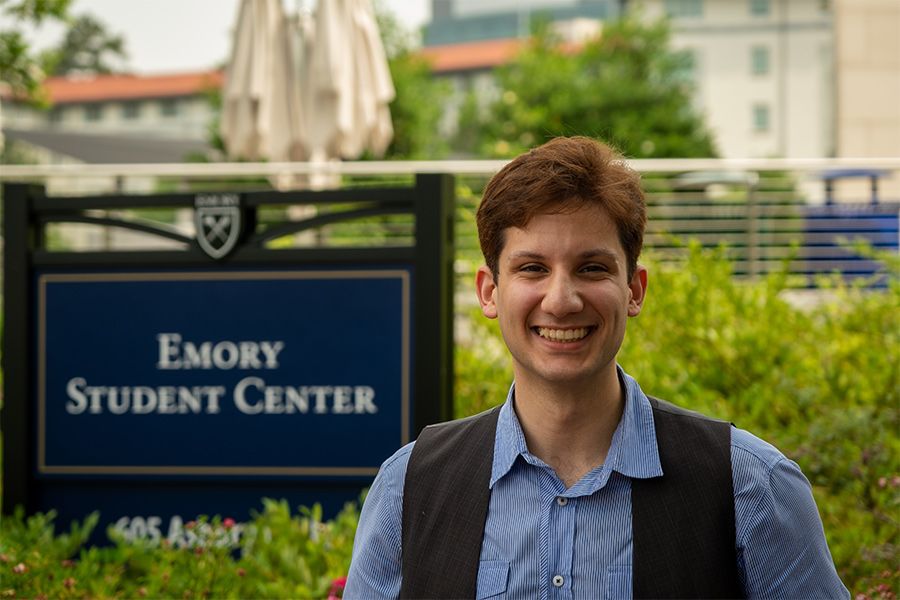
On Emory's Atlanta campus
On Emory's Atlanta campus
He continued to study music but shifted to a chemistry major while conducting undergraduate research at Emory’s Yerkes National Primate Research Center and David Lynn’s biomolecular chemistry lab in the Department of Chemistry.
He first found his voice when, without fanfare during his sophomore year, he recited the Pledge of Allegiance for the first time as a citizen during his naturalization ceremony.
“I’m big on rituals,” Al-Obaidi says. “Something about it showed me I’m not the exception to the rule. Everyone can make a difference.”
A chance to give back
His first effort to apply his newly-felt privilege was to work as a medical translator at Grace Village Clinic in Clarkston, which serves the large refugee population in the city. He connected with a patient first over food, then by sharing in Arabic that he, too, had once not spoken English.
Al-Obaidi was thrilled to find more ways to connect with people as an emergency medical technician (EMT), first with the student-led Emory Emergency Medical Services and then with American Medical Response. His confidence at being useful reminded him how helpless he had felt during his years in Jordan, convincing him that he belonged in medicine.
Al-Obaidi emailed dozens of physicians, looking for a mentor to explain how to achieve his new goal. The only one to answer was Heval Mohamed Kelli, a Kurdish Syrian refugee who had also once dreamed of becoming a doctor.
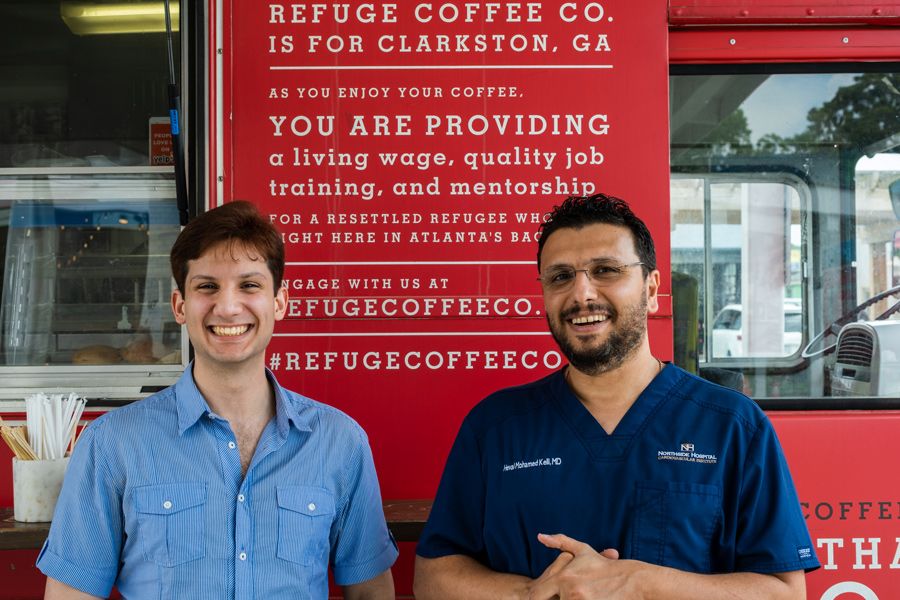
In Clarkston with Dr. Heval Kelli
In Clarkston with Dr. Heval Kelli
Now an Atlanta cardiologist, Kelli credits a network of mentors and community members for helping him finish his internal medicine residency training and cardiology fellowship at Emory School of Medicine.
He has since begun similar initiatives, including one to mentor college-bound immigrant and refugee students and one to specifically guide would-be physicians from middle school into their careers. Al-Obaidi has taken on leadership roles in both.
“I made a promise to myself to not let anyone down when I had the opportunity to help the way I’ve been helped,” Kelli says. “In Abdallah I see not just intelligence but a willingness to work hard and a sincere wish to serve others. I hope his story shows that refugees are not a burden but an investment in our society.”
In spring 2020, Al-Obaidi was studying for the MCAT between patients while working the night shift as an EMT and finishing up his classes and volunteer work during the day. He planned to enroll as a study abroad student at Yonsei University to add Korean language skills to his arsenal before starting medical school.
Work breaks stopped as pandemic caseloads increased. When Emory transitioned to remote learning, he decided to complete his classes and graduate.
Since then, Al-Obaidi has been working 12-hour shifts as an EMT, helping care for DeKalb County patients — 90% of whom were dealing with COVID-19 at its peak. He tried to fit in time to decompress with music but, after finally taking the MCAT last July, was uncertain whether he would be admitted into medical school.
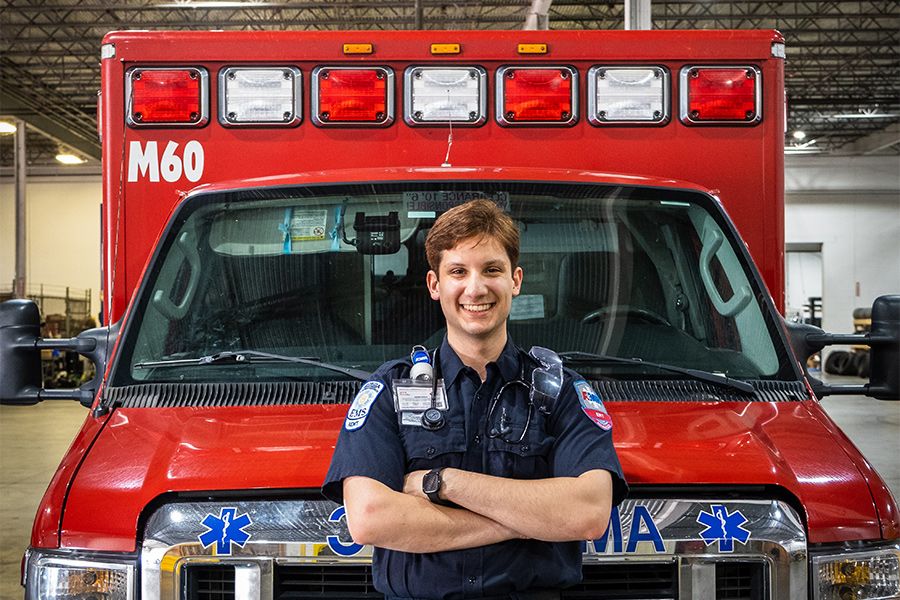
At work at American Medical Response
At work at American Medical Response
Al-Obaidi was readying to start at Emory’s Rollins School of Public Health — for a public health degree he still wants to pursue — when he learned earlier this month that he was admitted into the joint MD/MBA in health management program at the Tufts University School of Medicine.
He began two courses, including a business in health care class, online a week later. He begins his medical studies in August.
“I can’t take this opportunity for granted,” Al-Obaidi says. “There is so much privilege that comes with just living in America. This is a chance to give back what has been given to me.
“That’s why I am telling my story for the first time,” he adds. “I know what it’s like to feel alienated. I’m grateful for the chance to work hard and do what I can to help make sure no one else feels that way.”
Photos and video courtesy of USA for UNHCR.
To learn more about Emory, please visit:
Emory News Center
Emory University
